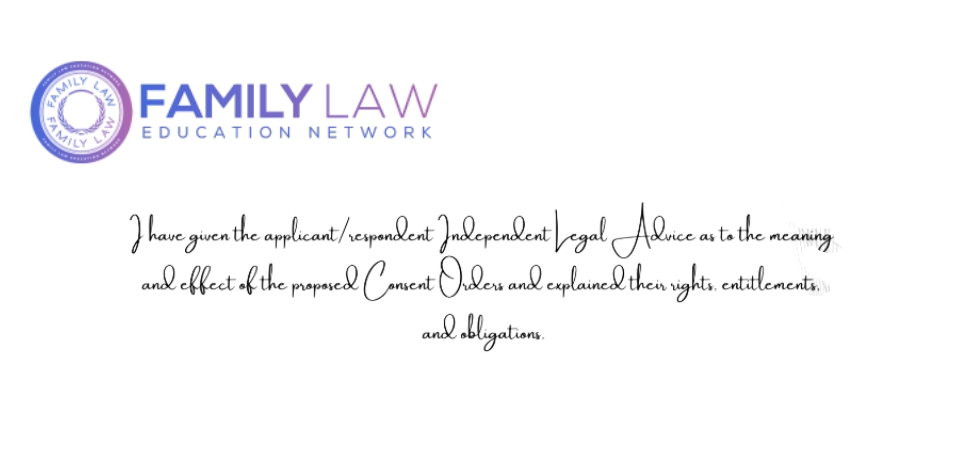
As practitioners we have all heard it time and time again from clients, “we’ve reached an agreement do we really need to do financial disclosure”, or more accurately “why should I show them my bank accounts, we’re separated, it’s none of their business” and it is indisputable that the exchange of financial disclosure can be a confronting task for a client, particularly where parties have been separated for some time.
However, the FCFCOA rules are clear at 6.06(3) “a party must make full and frank disclosure of the party’s financial circumstances”, and the implications where full and frank disclosure has not been made can mean that any agreement is set aside by the Court under s.79A on the basis of a miscarriage of justice, as was the case In the Marriage of Morrison (1994) 18 Fam LR 519.
But what about if we have provided our client the advice, where we have identified the gap and notwithstanding the advice the client has elected to proceed.
According to the Judgement in Clifton and Stuart (1991) 14 Fam LR 511, a miscarriage of justice is difficult to find if a party is aware of their rights, or they chose to take advice on the matter, and they freely and voluntarily consent, however the question remains as to whether you, as a practitioner, have provided adequate advice.
When signing the Application for Consent Orders you affirm for the Court that you have explained to your client their rights, entitlements, and obligations. This raises an important question; if you sign the statement, in the absence of financial disclosure, have you been able to provide adequate advice or are you executing a false statement.
A conservative school of thought would certainly suggest that for a practitioner to give adequate advice to sign such a statement they must have financial disclosure as required under the Rules and in the absence of disclosure, signing the statement may be providing a false declaration along with a breach of the Conduct Rules.
Best practice would dictate that, to protect yourself, and your practicing certificate, you should require the parties exchange financial disclosure, or in the absence of the same, refuse to sign the statement.
So how can we practically explain this to the client:
- Firstly, understand why your client is reluctant to provide disclosure – there can often be good reason for why people do not want to disclose, particularly if their relationship was marked with family violence. If the client is concerned about the disclosure of their location this can be resolved in the redaction of their address and other locations in the financial disclosure material (for example, the branch the account on a bank statement, or the locations contained in transaction descriptions). If the client is concerned about receiving criticism from the other party in relation to their spending habits, this becomes a matter of client management in respect to that concern.
- Secondly, explain to your client the potential implications of a s79A Application – and the potential cost of such an application, both a time cost and a financial cost.
- Finally, consider whether or not this is a matter you want to continue to act in. The value of your role as a practitioner is to give advice and your advice is only as good as the information you have available to you. Don’t undersell your role in this process.
What are we doing at FLENA to support you
At FLENA we are committed to making Financial Disclosure easier for you and your client, check out our financial disclosure precedent letter and checklist.





